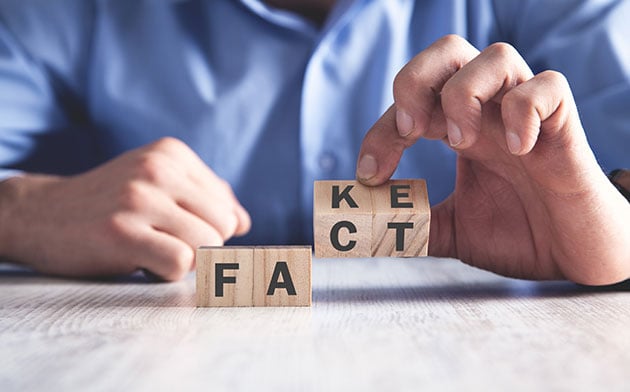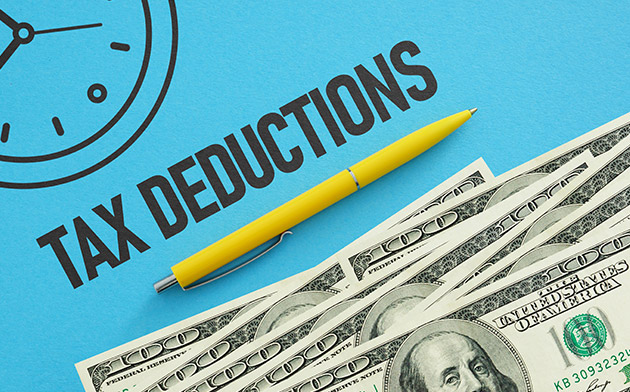When it comes to the topic of money, it’s not always easy to tell reality from myth—even when you’re expected to be financially independent.
The good news is, it’s never too early (or too late) to learn. Let’s see if you can spot the fact from the fiction.

The U.S. dollar is the most commonly used currency in the world.
True. It’s even sometimes considered “the world’s currency".
A credit score of 550 is considered good.
False. 700 or above is generally considered good, and a score of 800 or above is excellent. Most credit scores fall between 600 and 750.
Americans spent more than $100 billion on their pets in 2020.
True. A little over $103 billion was spent.
A budget is a spending plan based on income and expenses.
True. Budgets help you plan your spending and is a tool used for financial planning. Any level of income can benefit from a planned budget.
Paying bills late may lower your credit score.
True. Your payment history is the biggest factor in determining your credit score, so it’s crucial that you pay your bills on time whenever possible.
APR stands for Annual Projected Rate.
False. APR stands for Annual Percentage Rate and is expressed as a percentage that represents the actual yearly cost of funds over the term of a loan.
Paying off debt erases it from your credit report.
False. The record will stay on your credit report for seven years.
I’ll have enough time to save money later.
Maybe, but we lean toward False on this one. While it’s never too late to start saving, the sooner the better.


